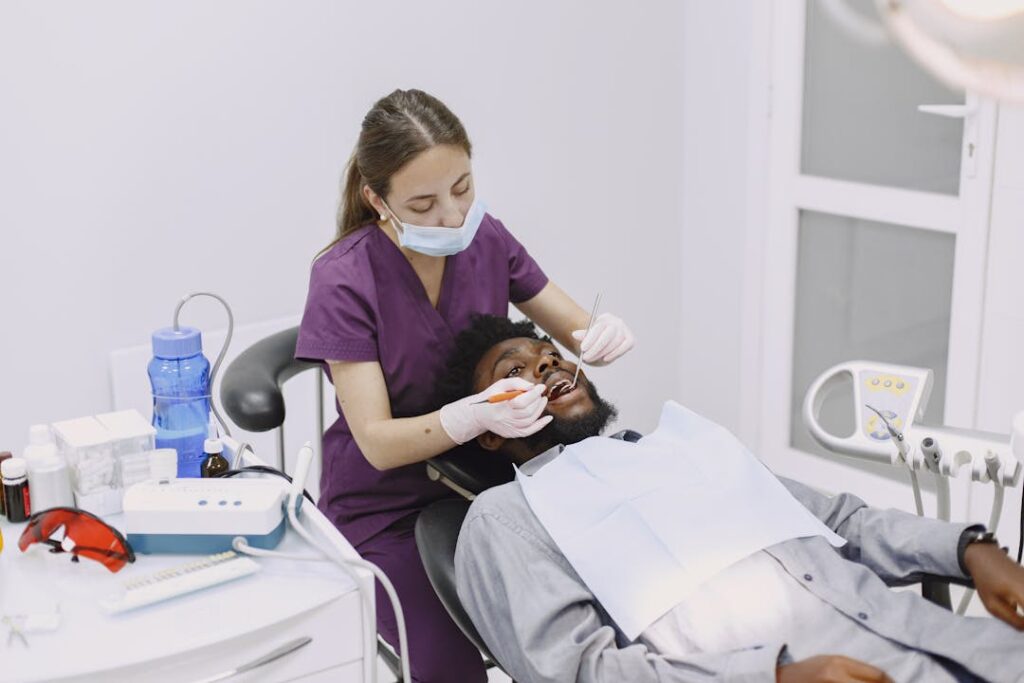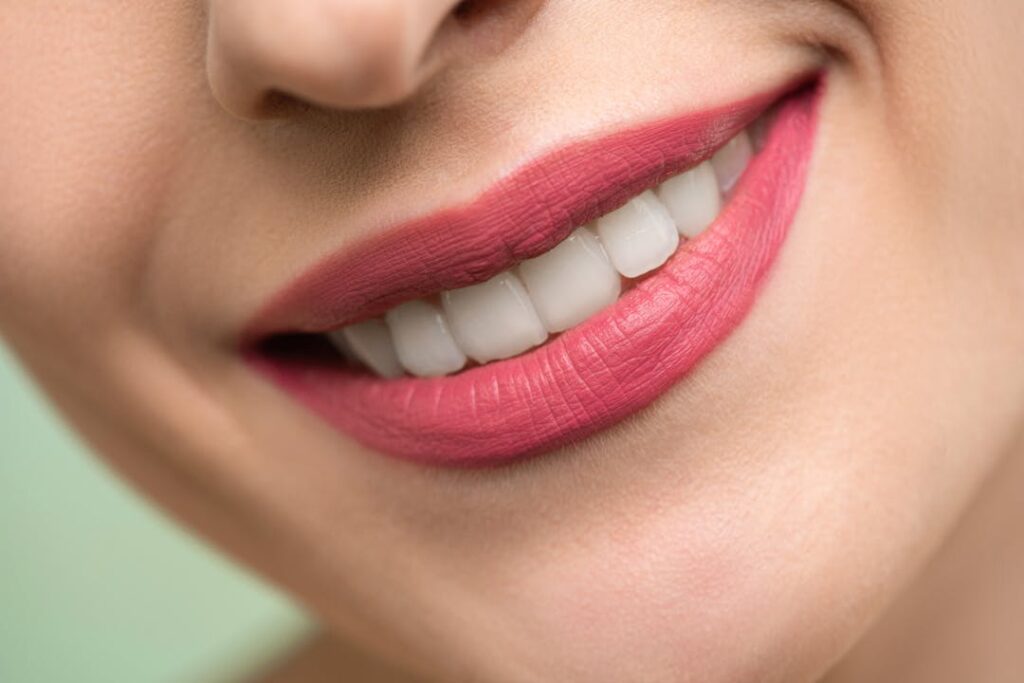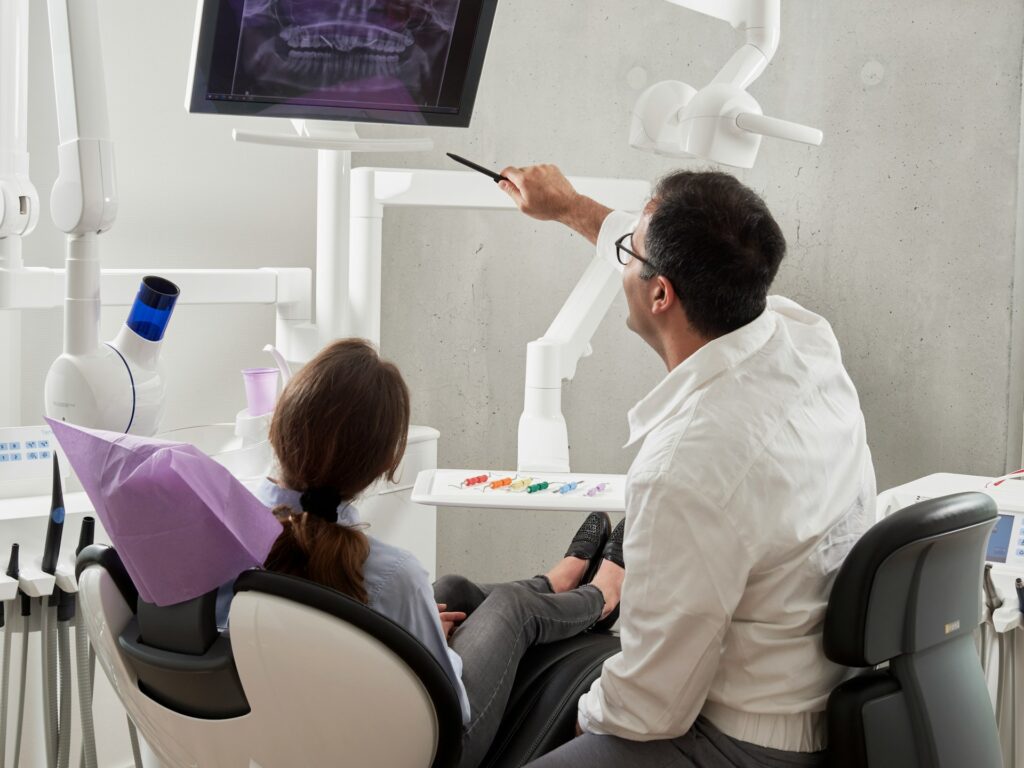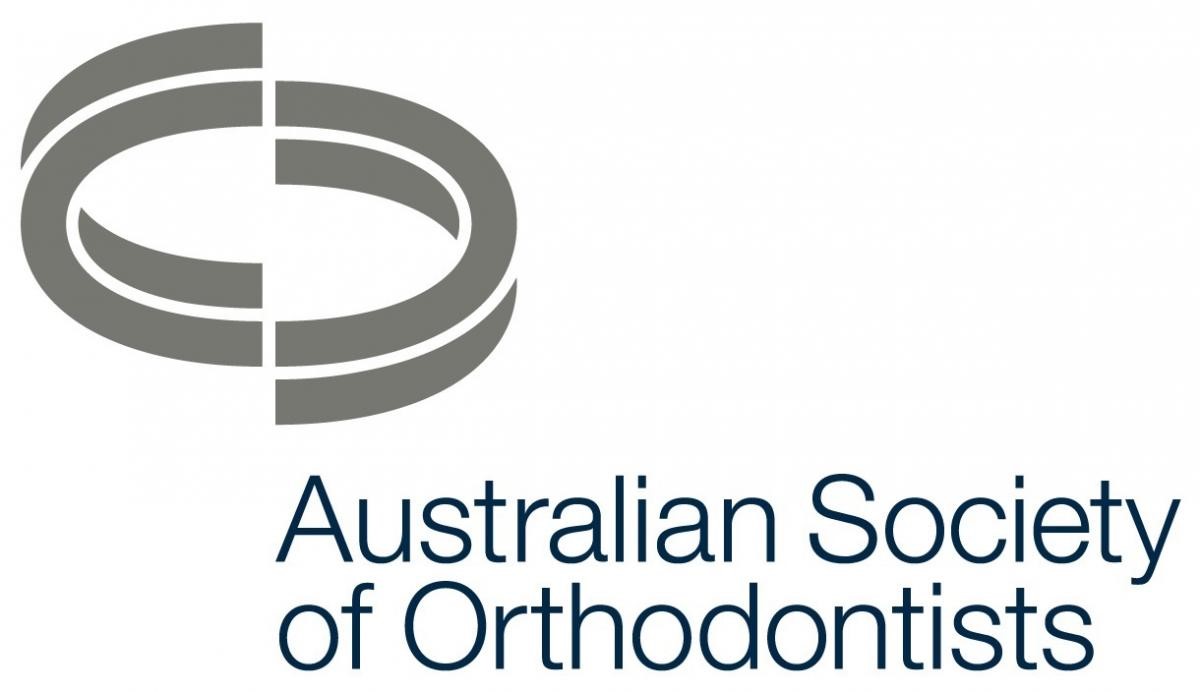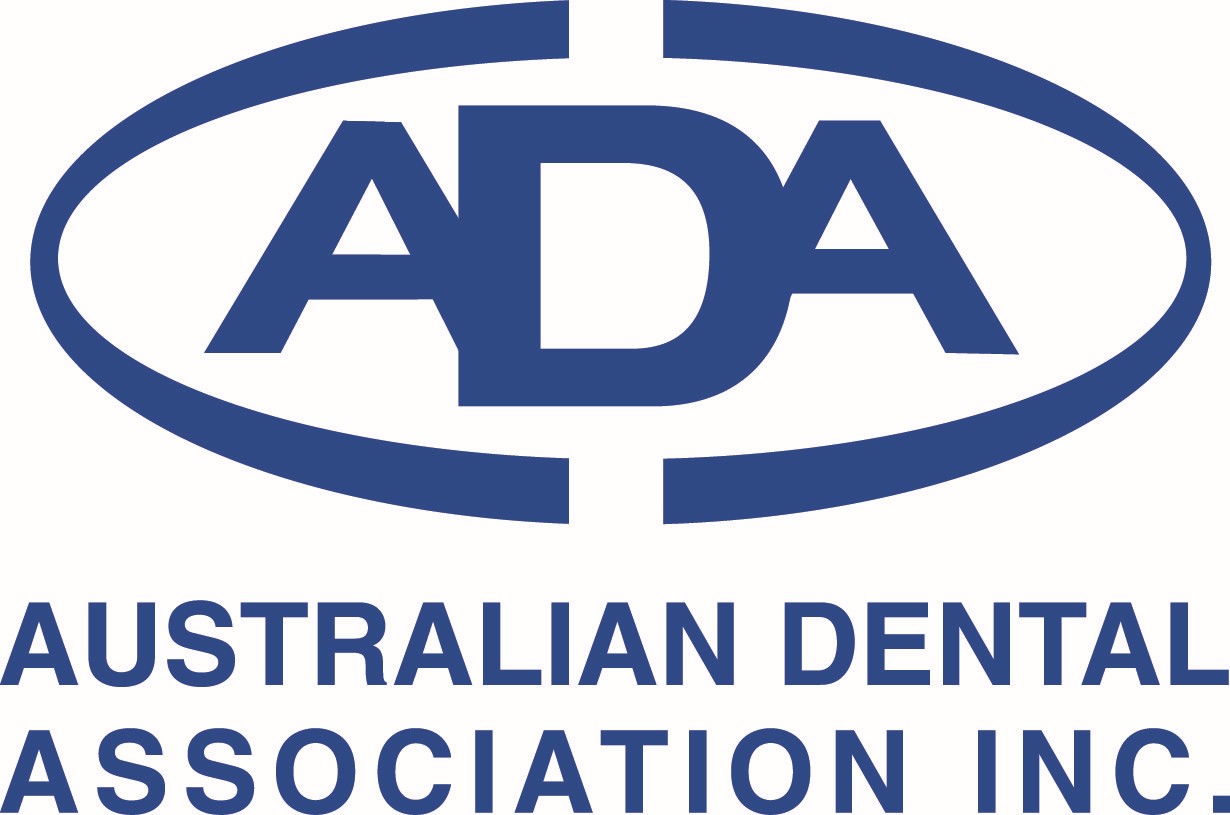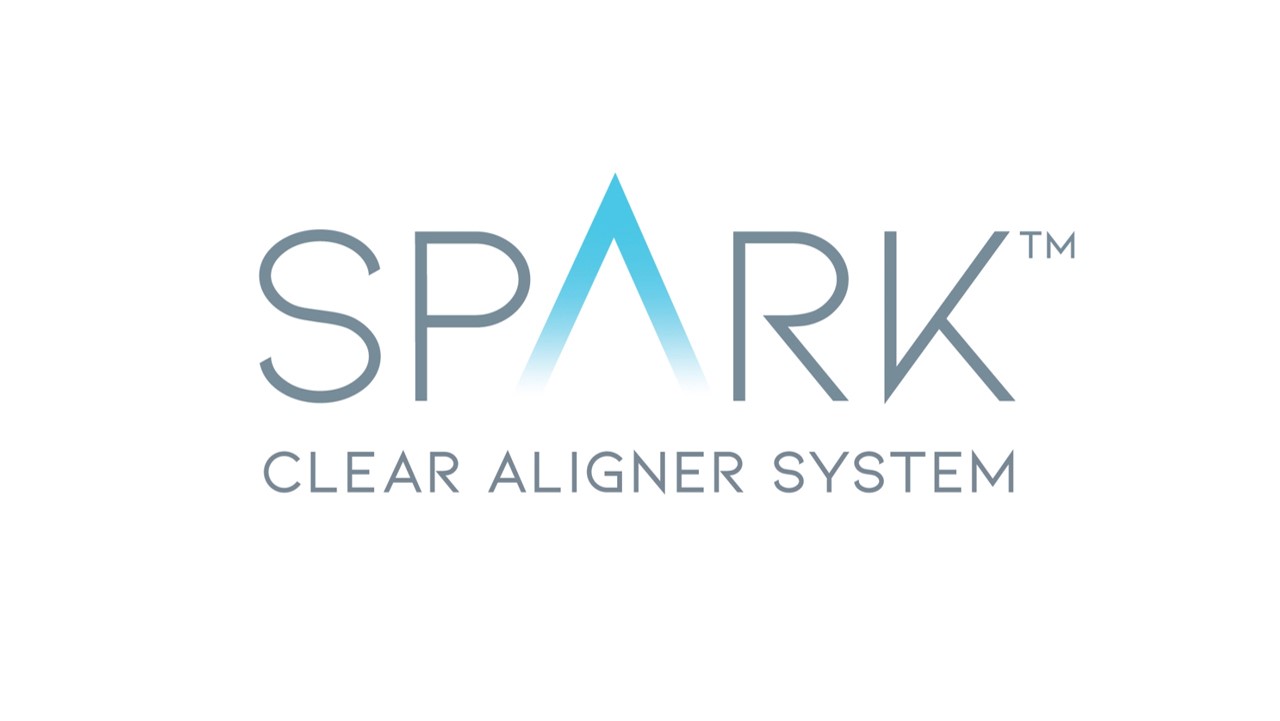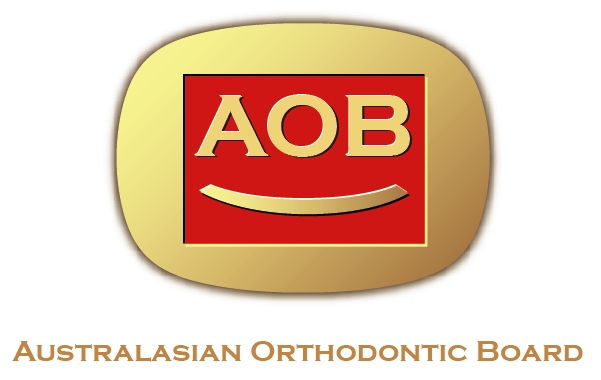Complete Guide to Preventing Teeth Shifting After Braces
Braces are essential to many people’s journeys to a beautiful, straight smile. However, maintaining that straight smile can be challenging once the braces come off.
At Orthoworx, we understand the importance of preventing teeth from shifting after braces to ensure long-term results. In this guide, we’ll explain why teeth may shift, provide tips on avoiding and fixing shifted teeth, and discuss the critical role of retainers in maintaining your orthodontic results.
Why Teeth May Shift After Braces
Even after completing orthodontic treatment, several factors can cause teeth to shift. Understanding these reasons can help you take steps to prevent and address teeth movement.
Natural Dental Changes
Over time, your teeth can naturally shift due to jaw and facial structure changes. This is a normal part of ageing but can affect the alignment of your teeth. As we age, our teeth can drift slightly due to the continuous, slow bone changes that support them. This natural progression is often exacerbated by the loss of bone density, which can lead to minor teeth shifting after braces.
Inadequate Retainer Use
One of the most common reasons for teeth shifting after braces is not wearing retainers as prescribed. Retainers are essential for maintaining the position of your teeth. When retainers are not worn consistently, the teeth can move back to their original positions. This movement can be relatively rapid in the first few months after the braces are removed but can continue slowly for years. This is why it is critical to wear your retainer as directed by your orthodontist to prevent teeth from moving after braces.
Other Factors
Various factors can contribute to teeth moving after braces:
- Grinding Your Teeth (Bruxism): Grinding or clenching your teeth can put extra pressure on them and cause them to move. This is a common issue that can be addressed with a night guard or stress-reduction techniques.
- Poor Oral Hygiene: Inadequate oral hygiene can lead to gum disease and tooth decay, affecting the stability of your teeth and causing them to shift. Maintaining good oral hygiene is essential for keeping your teeth in place.
- Not Attending Regular Dental Check-Ups: Regular dental check-ups are vital for monitoring the health and alignment of your teeth. Your dentist can catch early signs of shifting and take corrective action before it becomes a significant issue.
- Changes in Jaw Structure: As mentioned, natural changes in your jaw structure can influence teeth shifting. This can include bone loss due to ageing or medical conditions that affect bone density.
- Other Dental Work: Sometimes, other dental procedures, such as extractions or implants, can influence the position of your teeth. Discussing your orthodontic history with your dentist before undergoing new dental treatments is essential.
Preventing Teeth Shifting
Importance of Wearing Retainers
Wearing retainers is the most effective way to prevent teeth from shifting after braces. Here’s why:
- Retainers Maintain Alignment: Retainers help keep your teeth in their new positions by providing continuous support. Without this support, teeth shifting after braces is more likely to occur, as your teeth tend to return to their original positions.
- Types of Retainers: There are different retainers, including removable and fixed. Your orthodontist will recommend the best type for your needs:
- Removable Retainers: These can be taken out for cleaning and are typically worn at night. They are convenient but require discipline to wear consistently.
- Fixed Retainers: These are bonded to the back of your teeth and provide constant support. They are discreet and do not require daily handling, making them a good option for preventing teeth from moving after braces.
Regular Dental Check-Ups
Regular dental check-ups are vital for maintaining your orthodontic results. During these visits, your dentist can monitor your teeth’s alignment and make necessary adjustments to your retainers. These check-ups allow your dentist to detect early signs of teeth shifting after braces and take corrective actions before the issue becomes more significant. Regular visits also ensure that your retainers are functioning correctly and comfortably.
Good Oral Hygiene Practices
Good oral hygiene is essential for preventing teeth shifting after braces. Brushing and flossing regularly can help keep your gums and teeth healthy, reducing the risk of movement. Poor oral hygiene can lead to gum disease and tooth decay, both of which can weaken the support structures of your teeth and lead to teeth moving after braces. Here are some tips to maintain good oral hygiene:
- Brush Twice a Day: Use fluoride toothpaste and brush for at least two minutes each time.
- Floss Daily: Flossing removes plaque and food particles from between your teeth and under the gumline.
- Use Mouthwash: An antibacterial mouthwash can help reduce plaque and prevent gum disease.
Following these practices and wearing your retainers as instructed can significantly reduce the risk of teeth shifting after braces and maintain your beautiful smile.
Fixing Shifted Teeth
If your teeth have shifted after braces, there are several solutions available. Wearing your retainer more frequently might help move your teeth back into place for minor shifts. However, you might need additional orthodontic treatment for significant shifts, such as braces or clear aligners.
Professional treatments can be effective for fixing shifted teeth after braces. Your orthodontist may recommend options like braces, clear aligners, or other orthodontic appliances. At-home practices, such as wearing your retainer as directed and maintaining good oral hygiene, can also support these treatments.
Role of Retainers in Maintaining Results
Retainers play a critical role in preventing post braces teeth shifting. There are different types of retainers, each with its benefits. Removable retainers can be taken out for cleaning and are typically worn at night, providing flexibility and ease of use. On the other hand, fixed retainers are bonded to the back of your teeth and provide constant support to prevent teeth from moving after braces.
Taking proper care of your retainers is essential for maintaining their effectiveness. It is important to clean your retainers daily with a toothbrush and mild soap to ensure they remain hygienic and free from bacteria.
Additionally, following your orthodontist’s instructions on how often to wear your retainers is crucial to prevent teeth shifting after braces. By consistently wearing and caring for your retainers, you can maintain the alignment of your teeth and enjoy long-lasting results from your orthodontic treatment.
Frequently Asked Questions
Can Retainer Shift Teeth Back?
Yes, a retainer can shift teeth back if the teeth have only moved slightly. Consistent use of your retainer can help realign minor shifts after braces.
How to Fix Shifted Teeth After Braces?
You can use retainers for minor shifts to fix shifted teeth after braces. For more significant movement, consult your orthodontist for professional treatments like braces or clear aligners.
Why is My Teeth Moving After Braces Years Later?
Teeth can move after braces years later due to natural changes in your mouth, inconsistent retainer use, or other factors. Regular retainer use and dental check-ups can help prevent this.
Can Teeth Shift After Braces?
Yes, teeth can shift after braces for various reasons, including natural dental changes and inadequate retainer use. Consistent retainer wear and regular dental visits are crucial for preventing teeth from moving after braces.
Closing Thoughts
Preventing teeth shifting after braces is essential for maintaining the beautiful, straight smile you achieve with orthodontic treatment. At Orthoworx, we are dedicated to helping you keep your orthodontic results and enjoy a lifetime of healthy smiles.
If you have any concerns about teeth moving after braces or need advice, our experienced team at Orthoworx is here to help. Schedule an appointment with our specialist orthodontist, Dr Eugene Chan to discuss your needs and find the best solutions for maintaining your orthodontic results.







